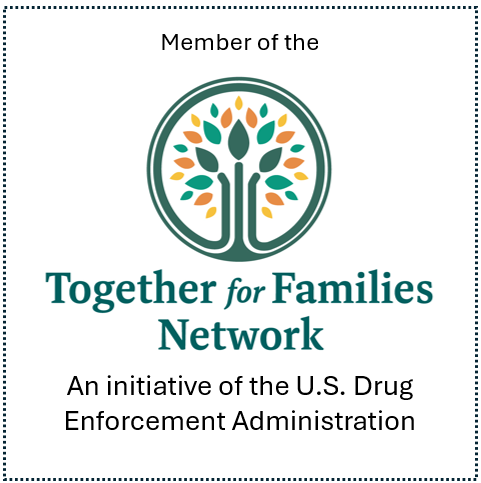When Does a Child Need Therapy?
Ask the Experts | Sarah Emmerson
When Does a Child Need Therapy?
Mental Health is a big topic recently. It’s great to see people understanding and paying attention to the emotional state of their children more, but public attention to a topic can also create an overresponse approach. Parents want to know: when does a child need therapy?
Anxiety is a person’s underestimation of their ability to handle a situation, a helplessness. Depression results from the suppression of feelings. As parents, we should try to teach our children skills, trust that they can do things themselves, and help them express and regulate their emotions. A certain level of anxiety is normal and necessary. Feelings are normal and necessary. No one can be happy all the time. It’s not the goal; our goal is to have trust in ourselves that we can overcome adversity and when to ask for help.
Parents want to know how they can support their children. Teach them how to identify, express, and build skills around feelings. Parents will need the following skills:
- Regulate our own emotions
- Validate our child’s emotions- let them feel heard
- Set Boundaries-empowering doesn’t mean they are in charge
- Listen- no fixing necessary
- Allow a child to solve an issue on their own (unless not developmentally appropriate)
These steps are simple, but not easy, as they require adults to do the work and be present and connected with their children. This is a way to build a foundation for children to feel confident and resilient when facing challenges, throughout their lives. When parents jump in and fix or save their children, the child begins to believe they are not capable (ie. anxious/helpless). When a parent cannot tolerate their children’s feelings and react based on their intolerance, the child begins to believe their feelings are not to be shared (i.e. depressed/suppressed).
Parents know their children best, so when we stay connected to them as they grow we will be able to recognize the following signs that may be indicators that therapy or other interventions would be helpful or an issue is clinically significant:
- Distress, Duration, Disruption: how intense is the disruption, how long does it last and how much does it affect their daily functioning. Look for patterns.
- Understand Child Development Basics: know what is considered typical for their age group
- Look for Signs: changes in appetite, sleep, social life, interest in activities
- Trust Your Gut
- Traumatic Event: a significant life change or trauma
We won’t get it right every time, but a framework helps us continue to improve in supporting our children.
Sarah Emmerson provides therapy services to adults, children and families using Trauma Focused Cognitive Behavior Therapy and other modalities including mindfulness, relational and attachment-based therapies. Her experience includes working with at-risk youth, children and families impacted by trauma and working with schools to support students. For more information visit www.sarahemmerson.com.






